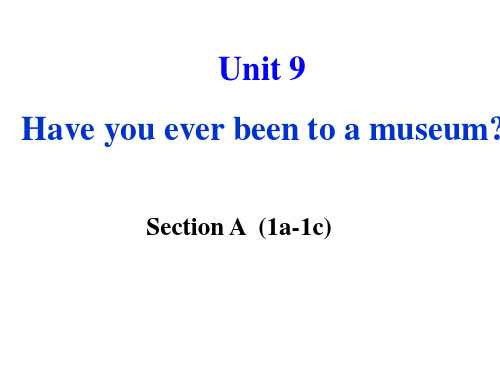(说话人认为他过去到过香港, 现在已不在该地)
在某地待了多长时间。
去了某地(还没回来);
01
03
02
去过某地(去过已回来);
1、---- May I speak to Mr.lee? ---- Sorry, he ______ Harbin. He _____ the city for two days.
二、短暂性动词与延续性动词
苍天啊!动词为什么还要分 短暂性动词和延续性动词!!!
二、短暂性动词与延续性动词
1. 延续性动词表示动作能够延续,如 learn, work, know, walk, keep, read, live, stay...
表达现在完成时时,可以和表 示一段时间的状语连用。
2. 非延续性动词也称为终止性动词、瞬间性动词,表 示这种动作发生后在较短时间内就结束,不能延续。如 open, die, begin, finish, come, move, borrow, lend...
(since 2 hours ago). The cat has already been dead for 2 hours.
常见非延续性动词与延续性动词的转化对照表:
短暂性动词 leave
begin/start buy
borrow/lend die join
延续性动词 be away (from)
现在完成时的构成 否定句:主语 + haven'/hasn't+done
I haven't seen the film yet.
1. I __h_a_v_e_n_'t_f_i_n_is_h_e_d(not finish)my homework. Can you help me? 2. He__h_as_n_'_t _p_a_ss_e_d(pass)the exam since he didn't finish his homework.
















